Have you ever wondered how humans can use biology to solve problems in society?
I definitely wondered the same thing, and decided to study biotechnology.

Biotechnologyapplies biological processes and uses living organisms or their parts (such as cells, proteins, genetic material, etc.) to develop new products and technologies.
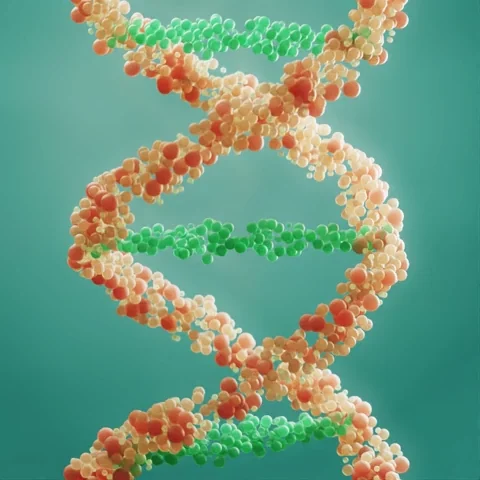
These developments aim to address challenges in healthcare, energy, agriculture, industry, and other sectors.
Biotechnology helps solve problems like:
vulnerability of food crops to climate change
environmental contamination (like oil spills, heavy metals, etc.),
sustainable alternatives to fossil fuels
Could this field be for you?
Why should I study biotechnology?
Biotechnology is a field that merges several disciplines — including biology, chemistry, engineering, and others — and has many applications. Because of that, you can pursue career paths in different fields, including:
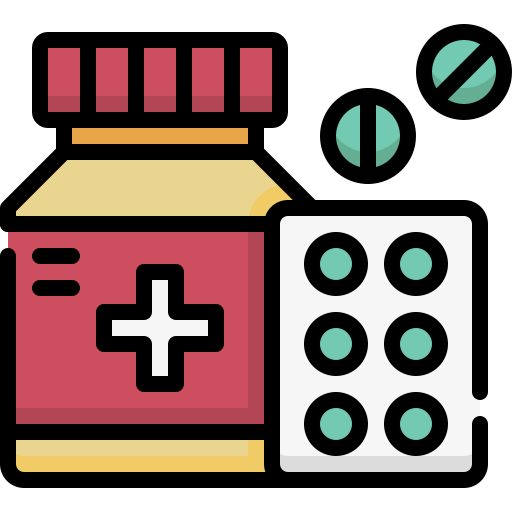
Medical biotechnology
Create medical products and therapies, including medication and vaccines, or devices that help in diagnosis and treatment.

Environmental biotechnology
Propose solutions to prevent or reduce damage to the environment, such as approaches for waste treatment or to clean up contaminated sites.
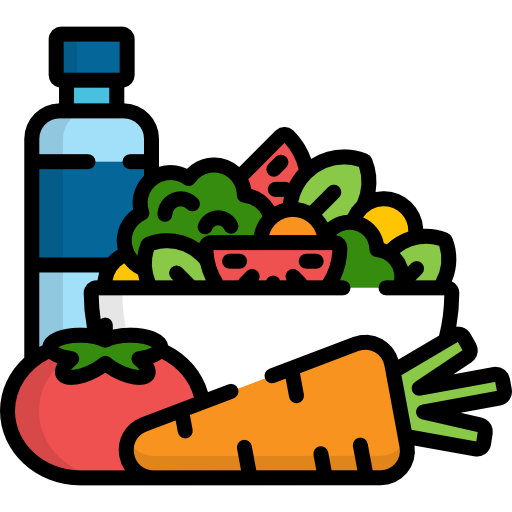
Food biotechnology
Establish novel approaches to produce food and enhance food safety, such as improvements in food preservation or fermentation technologies.
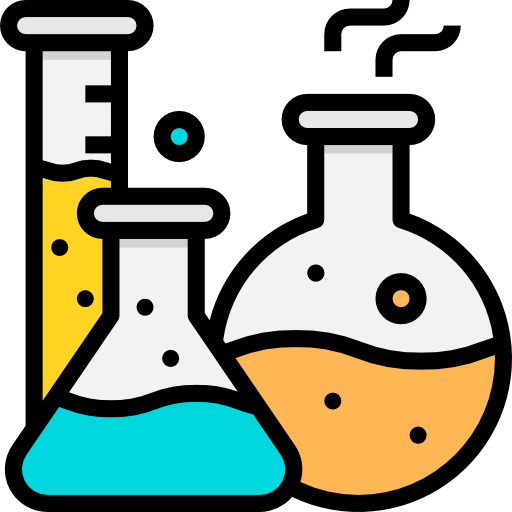
Industrial biotechnology
Develop products and processes for industrial applications, such as enzymes used in manufacturing processes and bioplastics.
What will I learn in a biotechnology program?
You'll get a mix of theory and practice to learn:
Core scientific principles
You'll get a strong science foundation with cell and molecular biology, genetics, biochemistry, and other subjects.

Laboratory techniques
You'll gain essential laboratory skills, including using a microscope, culturing bacteria or other microorganisms, and performing experiments.
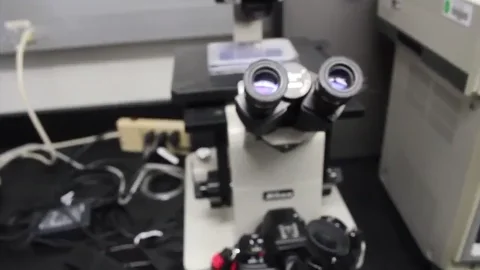
Data analysis methods
You'll learn how to apply statistical methods and use software for data analysis to draw evidence-based conclusions.
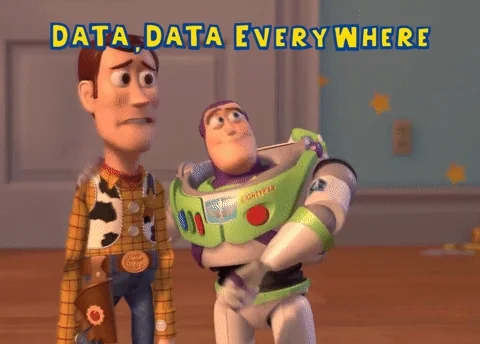
Business and entrepreneurship
Since biotech innovations are often commercialized, you may have business courses in your curriculum. After all, biotechnology is at the intersection of science and business!

Quiz
Imagine you're a biotechnologist. You're working on an experiment but get unexpected results. What should you do? Select all that apply:
What skills do I need to work in biotech?
Based on my experience completing an undergraduate biotechnology program and my conversations with professionals in the field, these are some of the important skills for a career in biotechnology:
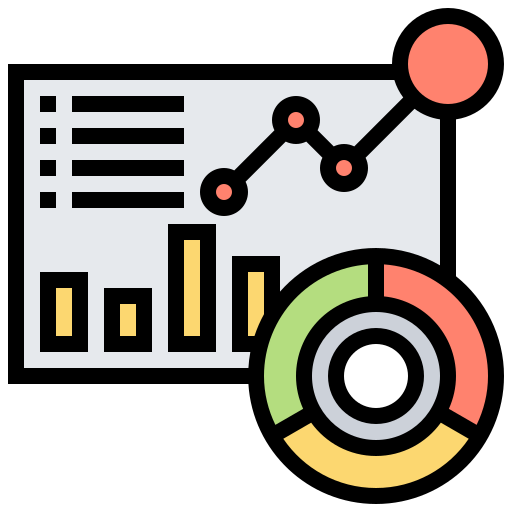
Research and data analysis
You'll read scientific literature, design and conduct experiments, and analyze data. You'll interpret statistical analysis in the literature and perform statistical tests in your own research.

Written and verbal communication
Communicating science clearly and concisely is essential. You'll write scientific papers, literature reviews, and reports, as well as present your research to a variety of audiences.

Critical thinking and problem-solving
Science is often a process of trial and error. It requires thinking outside the box, innovative solutions, and dealing with failure or setbacks. You'll need to troubleshoot in independent and collaborative settings.
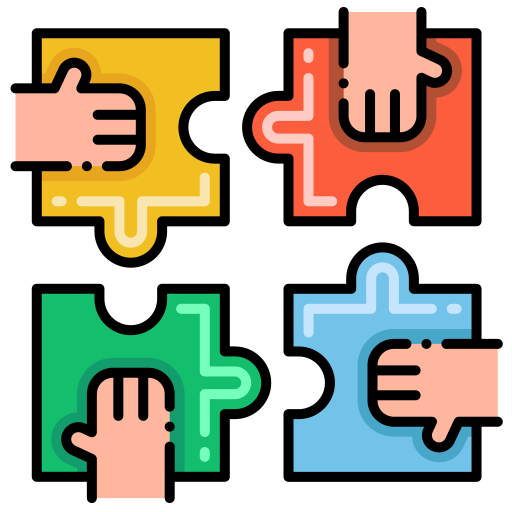
Collaboration
You'll likely work in teams that include scientists, engineers, healthcare professionals, regulatory affairs specialists, and others. Knowing how to communicate and collaborate with experts in different fields is key for success.
Quiz
You're working in a biotech company with a team of biologists, chemists, and engineers. You're struggling to communicate with the engineers during team meetings, who don’t fully understand your lab work. What should you do?
Where will I work?
There's a lot that you can do with a biotechnology degree! Biotech graduates have opportunities to work in a variety of roles, both in and outside the lab:

Academic and research institutions
Research analyst
Laboratory technician
Scientist

Government and regulatory agencies
Laboratory technician
Regulatory affairs specialist
Scientist
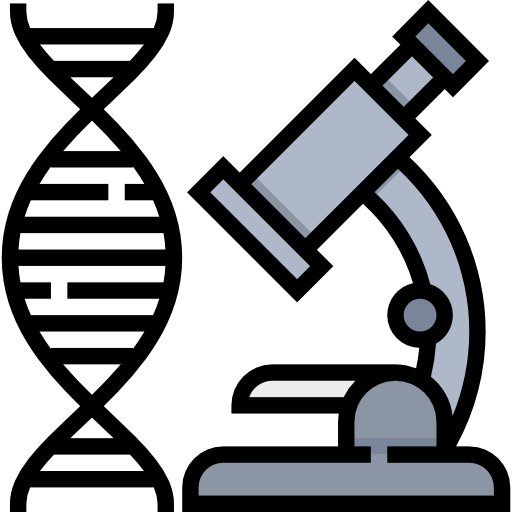
Biotech companies and startups
Quality control/assurance technician
Biotech sales and marketing specialist
Product development scientist
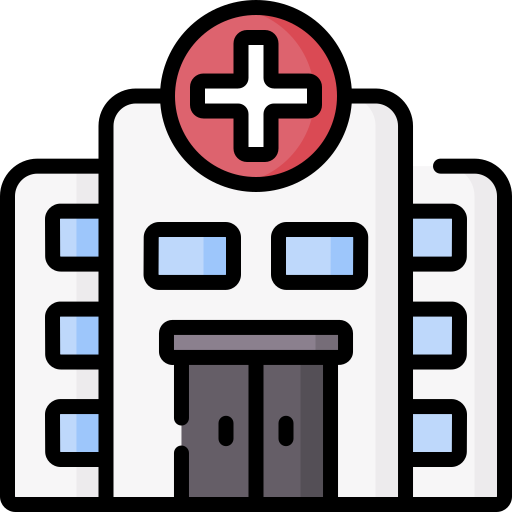
Hospitals and healthcare facilities
Clinical data manager
Healthcare quality analyst
Medical laboratory technologist
How much will I earn?
Because of the many career paths available for biotechnology graduates, salaries can vary significantly based on experience, role, location, and many other factors.
Average salary in Canada: $69,000 CAD 🇨🇦
Average salary in the United States: $89,000 USD 🇺🇸
Is biotechnology for me?

You might like it if...
You approach problems with curiosity and think outside the box.
You would like to merge innovation in science with business opportunities.
You're excited about the possibility of applying your degree to different fields.
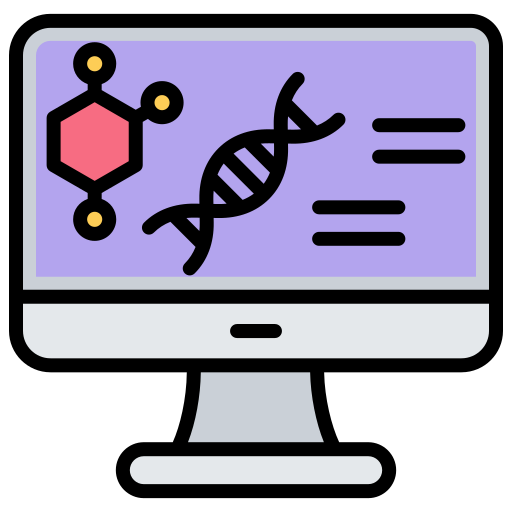
You might dislike it if...
You don't enjoy collaborating with professionals from different fields.
You don't want to consider ethical implications of scientific developments.
You want a clearly defined career path right after graduation.
A career in biotechnology may look very different depending on your role, work environment, and specialization.
For example, someone who works as a regulatory affairs specialist will have different day-to-day tasks and responsibilities than a medical laboratory technologist, even though both may have a biotechnology degree.
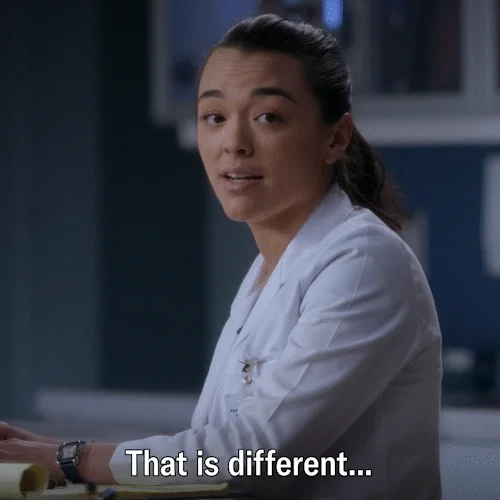
So, remember: the bullet points above may not apply to all careers in biotechnology. You can do your own research on biotech jobs to discover what you might like and dislike about them. 😉
Take Action
Choosing a career can be overwhelming and stressful.

It's normal to feel that way! Remember, there's always time to change your career path, and there are many ways to apply your degree to different fields. So, don't feel like there is only one right answer.
These resources and tips can help you get you started on your biotech exploration: 🔎
Your feedback matters to us.
This Byte helped me better understand the topic.
